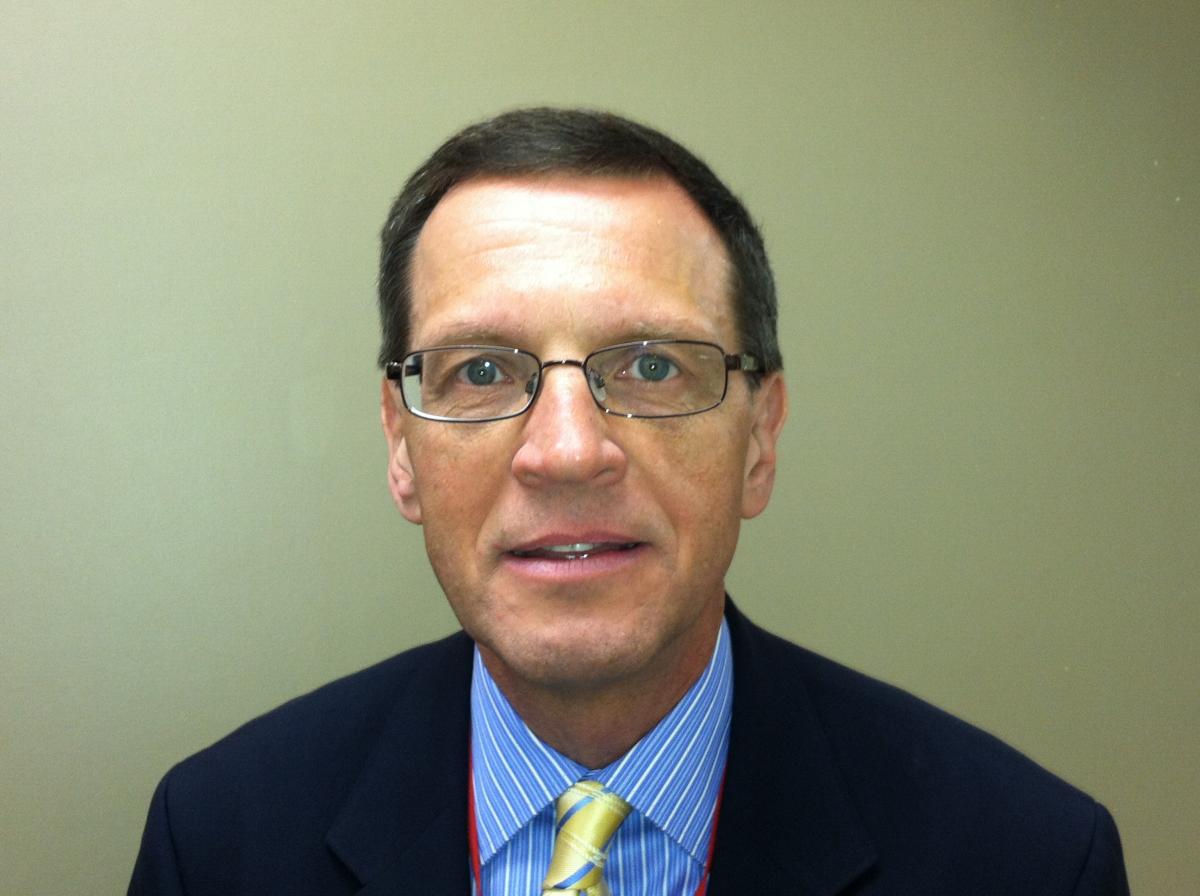Advice For First-Year Residents
The new year really begins July 1 at a healthcare institution with residents. The new PGY-1s arrive with the whitest of lab coats, unbridled enthusiasm and a look of fear in their eyes, wondering how they will survive.
On the attending side, we welcome our first-year residents, get them ready for whatever pathology and life will bring, and hope we can teach them and have them graduate as highly competent foot and ankle surgeons. It is a tall task. Residents take all of their didactic knowledge and apply it to clinical settings in addition to learning surgical skills, or so they hope.
Here are some random thoughts for all of the PGY-1s out there.
First of all, welcome! The years fly by so see and do as much as you can. The larger the numbers of your experiences, the better prepared you will be for what follows your residency. You want to be highly competent.
Be nice and professional to the patients, staff, colleagues and everyone you come in contact with. You not only represent yourself but your department, hospital and profession. Staff are at the hospital for the long haul. You just pass through. Their ownership is at a higher level than yours.
Keep abreast of current events. Patients would like to talk with you and a great segue is bringing up a topic (not politics or religion) that will break the ice.
Although in your eyes, an attending makes it look easy or that the answer is just about always there, it took a lot of time, practice and effort for attendings to get to this point. You are at the starting point but with the same determination and commitment, you will be there too.
You seem to be getting younger and please indulge us when we don’t know the latest song or our tweeting lacks your expertise or breadth.
Our patients walk on the results we provide them. This obvious but overlooked fact makes our job that much more difficult. Couple that with trying to wear shoes and one can understand the frustration you may see from patients.
Observe each attending. As time goes by, you will be able to determine what you like, don’t like or what works or doesn’t with each of them. Think of it as a mosaic. Each attending will contribute a piece or pieces of what you will become. Monochrome will make you too rigid and, quite frankly, dull.
We will hold the reins tighter in the beginning and loosen them as time goes by. Enjoy each step.
Begin early to analyze if a fellowship would enhance your training.
After the first day of spring, the year really flies by. Savor each day. In no time at all, graduation is staring you in the face.
Develop lifelong learning habits now. Journal club will be once a month but it can never cover all the pertinent literature out there. Read constantly.
Donald Green, DPM, who was the surgical chair at the Pennsylvania College of Podiatric Medicine (now the Temple University School of Podiatric Medicine), had a great line that you will hear often and need to remember: “Surgery is a privilege, not a right.” Any patient is the attending’s patient no matter the circumstance. Prepare for any interaction with the patient, attending and yourself. Know the patient and the procedures ahead of time.
Honor those who are with you for the ride. They are supportive. Saying “Thank you” every once in a while would help.
Thank you in advance for all of your help and dedication. We appreciate it.
You will need a way to chill. Find an activity that allows you to relax and mentally get far away from your work.
In no time at all, you will be an attending. You don’t have to thank us for your training. It was our pleasure. You can, however, honor us by giving back to your own residents by providing them with the same or better training than you had.
In spite of the myriad cases you will do in your residency, you will only do a few types of cases when you get out. In no particular order, they are as follows: soft tissue masses, trauma, diabetic foot infections/amputations and paronychias. Leave the purely elective cases to someone else. That bunion patient, if not satisfied, will make you the culprit and will forget what the problem was like preoperatively.
Imagine a life’s body of work in which you can make someone better. Hopefully, your residency will make you “fall in love” with what you do and your profession. Then every day is not work but enjoyable. To have that is a blessing.
 Dr. Wallace is the Director of the Podiatry Service and the Medical Director of Ambulatory Care Services at University Hospital in Newark, N.J.
Dr. Wallace is the Director of the Podiatry Service and the Medical Director of Ambulatory Care Services at University Hospital in Newark, N.J.











